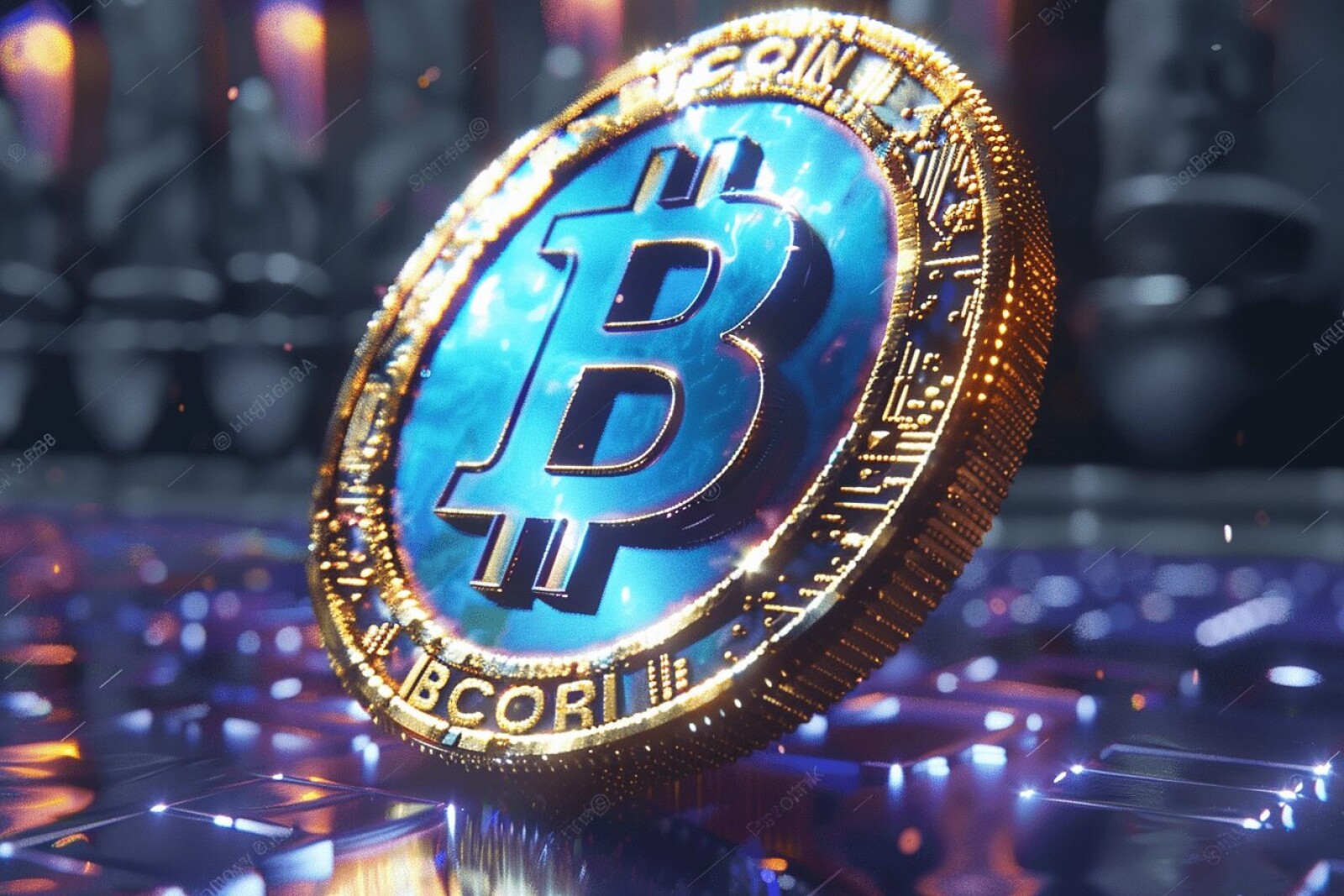
Amelia Altcoin
NFT Scams: How to Protect Your Investments

As the popularity of NFTs continues to soar, so does the prevalence of scams targeting unsuspecting investors. Protecting your digital assets requires vigilance and knowledge of common fraud tactics. Here’s how you can safeguard your investments from NFT scams and ensure your digital assets remain secure.
Understanding NFT Scams
NFT scams can take many forms, from phishing attacks and fake marketplaces to counterfeit NFTs and rug pulls. Scammers often exploit the hype and excitement surrounding new NFT projects to lure in victims. Understanding these tactics is the first step in protecting yourself.
Common Types of NFT Scams
Phishing Scams: Phishing involves fraudulent attempts to steal sensitive information, such as private keys or login credentials. Scammers often create fake websites or send emails that appear to be from legitimate NFT platforms, tricking users into revealing their information.
Fake Marketplaces: Scammers may set up fake NFT marketplaces that look identical to legitimate ones. Transactions on these platforms result in loss of funds and digital assets, as the scammers disappear with the money.
Counterfeit NFTs: Scammers mint and sell fake NFTs that appear to be from well-known artists or projects. Buyers think they are purchasing a valuable asset, only to discover it’s a worthless copy.
Rug Pulls: In a rug pull, scammers promote a new NFT project, sell tokens to investors, and then abandon the project, taking the funds with them. This leaves investors with worthless tokens and no recourse.
How to Protect Your Investments
Protecting your investments from NFT scams involves a combination of due diligence, security practices, and awareness. Here are some effective strategies:
Verify Authenticity: Always verify the authenticity of an NFT and its creator before making a purchase. Check for verified accounts and official announcements from the artist or project. Use reputable marketplaces with verification processes to reduce the risk of buying counterfeit NFTs.
Use Trusted Platforms: Stick to well-known and trusted NFT marketplaces. Research the platform’s reputation and security measures before making any transactions. Avoid platforms that lack transparency or have negative reviews.
Secure Your Digital Wallet: Protect your digital wallet by using strong passwords, enabling two-factor authentication (2FA), and keeping your private keys secure. Avoid sharing your private keys with anyone and be cautious of phishing attempts.
Educate Yourself: Stay informed about the latest scams and security threats in the NFT space. Join community forums, follow industry news, and participate in discussions to learn from the experiences of others.
Conduct Thorough Research: Before investing in a new NFT project, conduct thorough research on the team, roadmap, and community. Look for red flags such as anonymous developers, unrealistic promises, and lack of transparency.
Use Hardware Wallets: Consider using a hardware wallet to store your NFTs and cryptocurrency. Hardware wallets provide an extra layer of security by keeping your private keys offline and protected from online threats.
What to Do If You’ve Been Scammed
If you suspect you’ve fallen victim to an NFT scam, take immediate action to mitigate the damage:
Report the Scam: Report the scam to the platform where the transaction occurred and provide as much information as possible. This can help prevent others from falling victim to the same scam.
Notify Authorities: Report the scam to relevant authorities, such as the Federal Trade Commission (FTC) or your country’s equivalent. This can aid in potential investigations and recovery efforts.
Inform the Community: Share your experience with the NFT community to raise awareness and help others avoid similar scams. Use social media, forums, and community groups to spread the word.
Seek Legal Advice: Consider seeking legal advice to explore potential recovery options. While recovery can be challenging in the digital world, legal professionals can provide guidance on possible courses of action.
Staying Safe in the NFT Space
Staying safe in the NFT space requires a proactive approach to security and vigilance. By following best practices and staying informed about the latest threats, you can protect your investments and enjoy the exciting world of NFTs with confidence.
In conclusion, NFT scams are a growing concern as the market expands. By understanding common fraud tactics and implementing effective security measures, you can safeguard your digital assets and navigate the NFT space with peace of mind. Remember, due diligence and awareness are your best defenses against scams in the ever-evolving world of NFTs.













